How Mobile Medical Trailers are Improving Healthcare
Traditional healthcare within the United States consists of a network of providers located in clinics, hospitals, and offices. For many insured...
3 min read
Craftsmen Industries Sep 2, 2021 6:12:00 AM
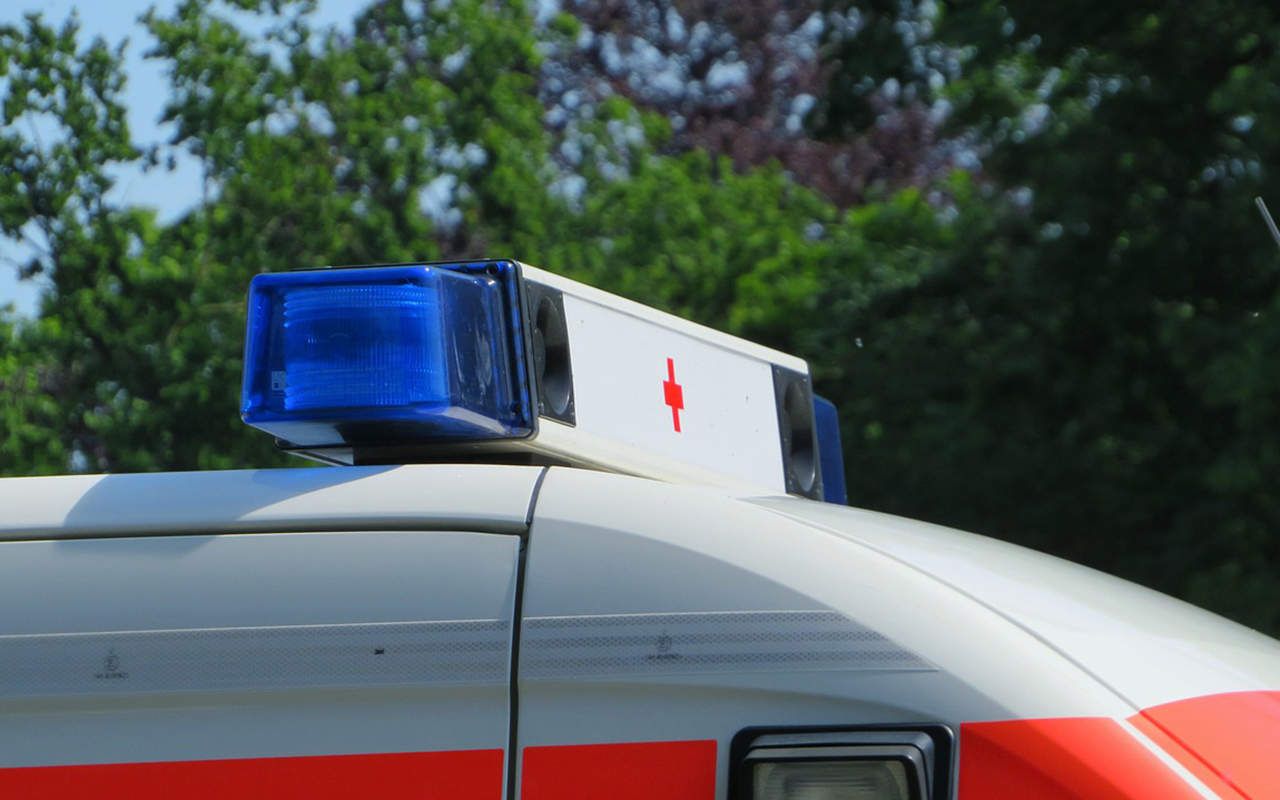
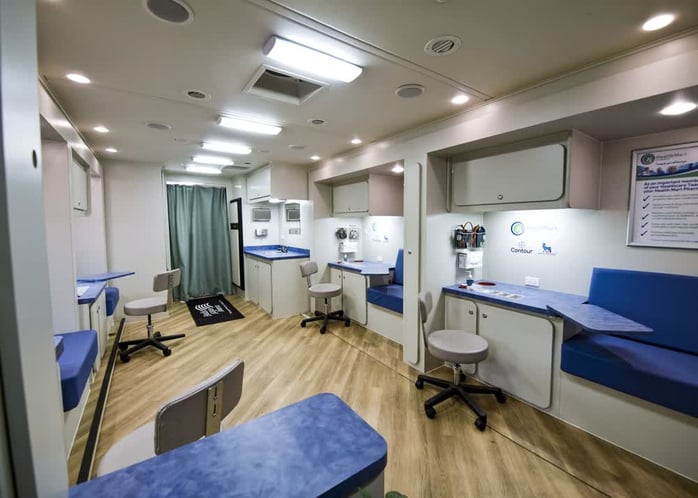
As a nation, we have become weary of the coronavirus pandemic. We are ready for it to disappear and for life to return to normal. Unfortunately, if the past year has taught us anything, it is that the situation is constantly evolving and changing. In many cases, it changes much faster than we can react to it.
This fact is especially true for those who live in rural areas where medical services are not readily available and vaccination rates are low. A study performed in 2018 by the Pew Research Center found that 18% of Americans live more than 10 miles from the nearest emergency facility. Due to the increased distance to care facilities, these individuals are less likely to seek medical care, including coronavirus testing and vaccinations.
As the virus mutates and new strains emerge, the importance of reaching all Americans and providing access to COVID-19 tests and vaccines continues to grow. It is a vital part of the plan to slow the spread and prevent serious illness among vulnerable populations.
On March 11, 2020, the World Health Organization declared the new virus circulating worldwide a pandemic. This announcement caught the attention of everyone. Unfortunately, we knew little about the disease except that it was highly contagious and could cause severe illness or death. The need to test for the disease and trace the contacts of infected individuals was paramount.
Outbreaks sprung up in new cities and towns as it spread, leading experts on a wild goose chase. Despite the approval of highly effective vaccines, new variants of the disease emerging and spreading are creating new hotspots in areas previously untouched by the virus. The need to pivot and react quickly to these infectious outbreaks is vital.
It is nearly impossible to get in front of a disease that is constantly on the move. Mobile medical trailers enable health care providers to relocate quickly to address outbreaks and work on the front lines of this evolving health hazard. They have proven themselves a vital tool in this fight and will continue to do so, as they can overcome obstacles and challenges that traditional health care cannot.
In 2020, less than 20% of mobile medical units continued to provide their usual services. Instead, roughly one in ten provided COVID testing either as a drive-through or outdoor service. These mobile facilities not only offered a quick, safe way to continue testing individuals, but it allowed medical providers to provide testing at multiple locations, concentrating their efforts on communities with the highest need.
Custom medical trailers are a unique product capable of becoming precisely what you need. They can be designed and built to meet specifications, or providers can repurpose used medical trailers to meet current needs. For example, as demand rose for remote COVID testing sites, dental trailers and wellness clinics underwent modifications to fit them with testing equipment and vital safety measures. Already equipped with exam spaces, proper ventilation, and storage for supplies, used trailers don't require much time or effort to redesign to fit this new purpose.
With clever engineering, mobile medical units can have a spacious interior to provide medical care while remaining easily transportable. Many trailers are light enough to be pulled by a truck and unloaded by a standard forklift. They ship to various locations via railway, boat, and plane to areas in need. In the past, health care providers used mobile medical trailers in remote villages in Africa to assist with Ebola testing.
Once on-site, trailers with expanding wings can open up to produce workspaces up to 1,000 sq. ft., allowing room for a lobby, exam rooms, testing equipment, and germ isolation barriers. Many cities across the United States invested in mobile medical trailers to replace outdoor COVID testing and vaccination tents. These trailers removed inclement weather as a barrier to care. Patients could be seen indoors while still being isolated from one another and health care staff using physical barriers and proper ventilation.
To be effective, these small spaces need to function with the same level of safety and comfort as a traditional facility within the weight and space confines of a trailer. It sounds like a tall order. The design and engineering teams at Craftsmen Industries, Inc. have decades of experience innovating solutions to meet and exceed care standards. Some innovative designs used in the past include:
With over 2,000 trailers actively providing care in the United States, we are just beginning to see the expansive possibilities. Mobile medicine can react more quickly to public health threats and provide care in areas where doctors' offices and hospitals are few and far between. The coronavirus pandemic highlighted how taking health care on the road can help halt the spread of disease.
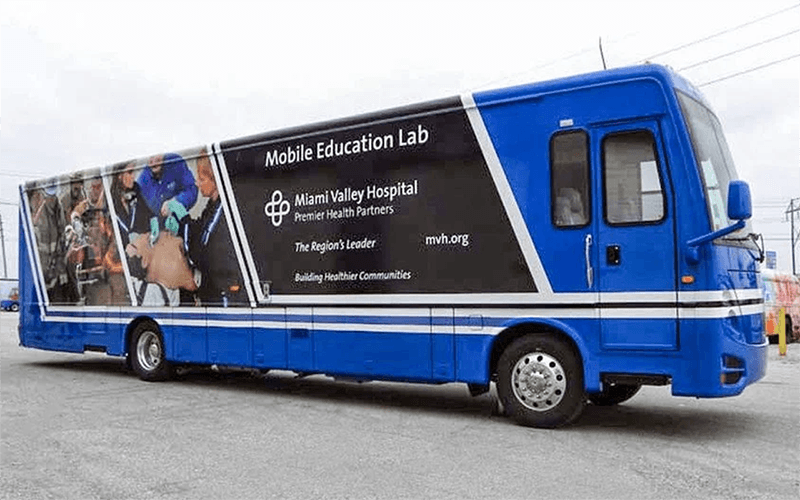
Traditional healthcare within the United States consists of a network of providers located in clinics, hospitals, and offices. For many insured...
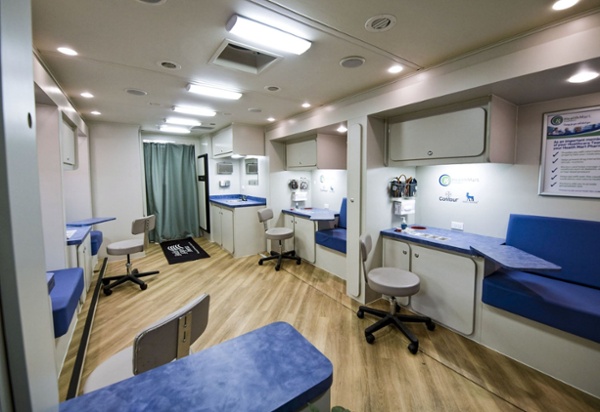
The coronavirus pandemic has forced us to expand our vocabularies to include terms like social distancing, quarantine, contact tracing, asymptomatic,...
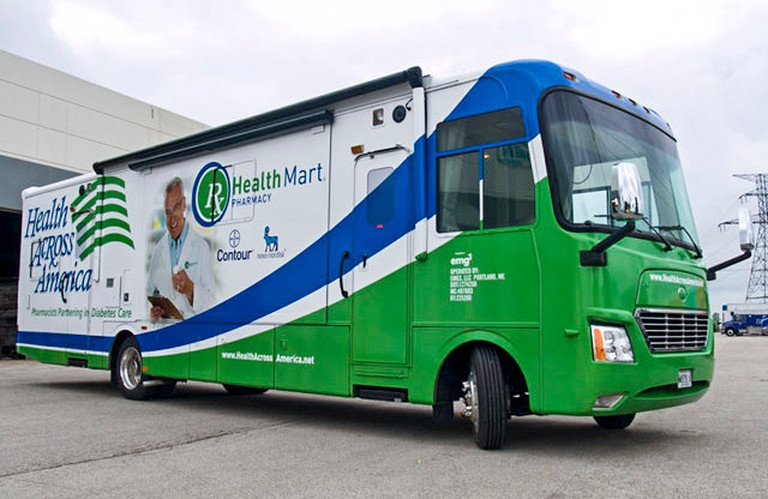
A study performed by the National Quality Forum (NQF) in 2018 revealed some startling statistics about the population in the United States. Namely,...